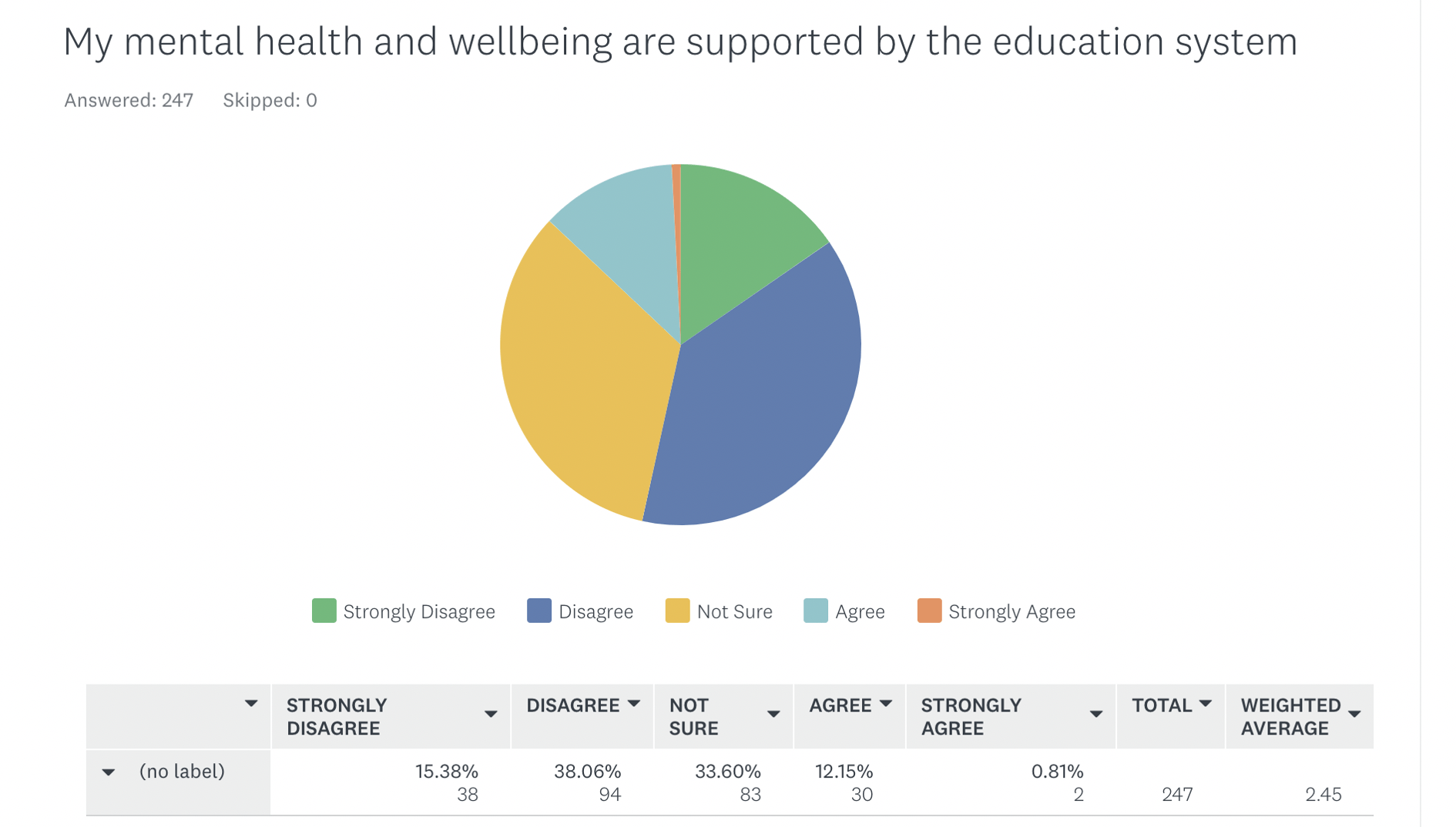Mental Health Awareness Week: listening to young people’s voices
By Blog Editor, IOE Digital, on 13 May 2021
 chezbeate / Pixabay
chezbeate / Pixabay
Bea Herbert, Chris Bagley, Vivian Hill, Jaspar Khawaja.
As part of Mental Health Awareness week, the Government has announced £17 million to increase training and resources in schools and colleges to support children and young people’s mental health. However, without addressing the broader social circumstances that cause poor mental health, it is unlikely that such policies will resolve the growing mental health crisis.
Furthermore, to be effective, these interventions must be informed by young people’s perspectives about issues affecting their mental health and well-being.
The mental health charity States of Mind and the IOE’s Doctoral programme in Educational Psychology (DEdPsy) have been working together to elicit the voices of children and young people about how their educational experiences influence their mental health and well-being in a project called Education Futures in Action. We believe that understanding the causes of psychological distress, rather than just treating their symptoms, requires much greater attention, and must include young people’s perspectives in order to identify effective solutions
Jaspar Khawaja, a doctoral student at the IOE, has been collaborating with States of Mind to develop research with young people exploring the key issues influencing their mental health in the education context. The work began with a small project at one London school, and identified ways to widen student participation in research activities into their mental health.
Using a participatory action research (PAR) approach a group of student researchers designed a two-part questionnaire, containing both closed and open questions, to gather a wider sample of students’ views. Earlier work had identified that examinations and the demands of the education system were negatively influencing the mental health and well-being of 16-18 year olds and the questionnaire aimed to explore students’ views about the education system and mental health in more detail. Additionally, after the Ofsted inspection handbook introduced the concept of personal development, the student researchers wanted to ask other young people how they would define this aspect of education.
The questionnaire was answered by 247 students aged 16-18 who attend a London school.
What the young people told us
Only 13% of participants’ responses indicated that they felt their mental health was supported by the education system. Significantly, 38% disagreed with the statement, and 15% strongly disagreed, suggesting that more than half of participants felt the education system was negatively influencing their mental health and well-being.
 We also found as little as 17% thought exams prepare them well for adult life, whilst 63% of participants either disagreed or strongly disagreed with that statement, and the remaining 20% said they were not sure.
We also found as little as 17% thought exams prepare them well for adult life, whilst 63% of participants either disagreed or strongly disagreed with that statement, and the remaining 20% said they were not sure.
Just 18% of students thought the education system supported the individual needs of students, with the majority of participants (60%) disagreeing or strongly disagreeing.
We reviewed the open question answers using thematic analysis. Here, individual students were able to provide more details about their thoughts in response to the questions above. The key messages that emerged are well captured by these direct individual quotations: ‘Exams cause overwhelming and unnecessary amounts of stress’ and ‘Exams are a poor measure of a student’s ability’.
Students reported that the experience of school can ‘hugely worsen’ the mental health of young people. Respondents asserted that for some young people, aspects of the education system are the ‘sole reason for the deterioration’ of their mental health. Reasons provided for this were the belief that high stakes examinations ‘dictate their future success’. For many students the ‘anxiety’ and ‘stress’ can become all-consuming. Many participants indicated that the focus on exams meant they had no time to ‘do anything else’. They said this particularly ‘isolates some people who aren’t good at memorising facts but are still talented in their own right’ and serves to limit opportunities and outcomes for these young people.
Students also commonly expressed how ‘the school acts as a grade factory and all they focus on is statistics in terms of grades, attainment and awards.’
The focus on attainment ‘creates an environment of competition’ and ‘limits creativity in the sense that it teaches students to do things in a set way to get higher marks in exams’.
When addressing what they considered ‘personal development’ to be, the students discussed the importance of ‘developing into the person that you wish to be’ and the need to ‘discover what you actually believe’ and what ‘makes you different from others’. ‘Happiness, confidence, kindness and resilience’ were viewed as key emotions and characteristics of personal development, with the students indicating that the opportunity to learn both ‘social skills and life skills’is essential for them.
The impact of the pandemic
The Covid-19 pandemic has highlighted huge inequalities in society and the education system. This sparks an opportunity to review and revise, and create an education system that it is more equitable and inclusive for the 21st century. It must be one that better promotes mental health and well-being and allows all young people to achieve success and the necessary life skills to transition well to adulthood.
Education Futures Conference
Education Futures in Action’s next step will be a July conference, which will present actionable alternatives to the educational status quo. Talks will be led by education innovators from home and abroad, including young people, teachers, academics and other change makers. Some are innovating within the current school system, others are re-envisioning and enacting ways of educating that promote consent, democracy, self-determination and the celebration of diversity. We believe the evidence is clear: the English education system is underpinned by ideologies that promote coercion, standardisation and segregation. This conference will show how it is possible to do things differently.
From Autumn 2021, States of Mind will be chairing a regular Education Futures roundtable, with the aim of drawing together practitioners with the knowledge, skills and experience to co-create an alternative future for education.
One Response to “Mental Health Awareness Week: listening to young people’s voices”
- 1
 Close
Close




Thank you for completing this essential research. It is paramount that the education offered to our children is what they need, what others think they need.
Working with all, especially children and young people, educating and championing the need for more resources and support, is something I am passionate about.
I would love to be involved in round table discussions in this necessary, developing area.